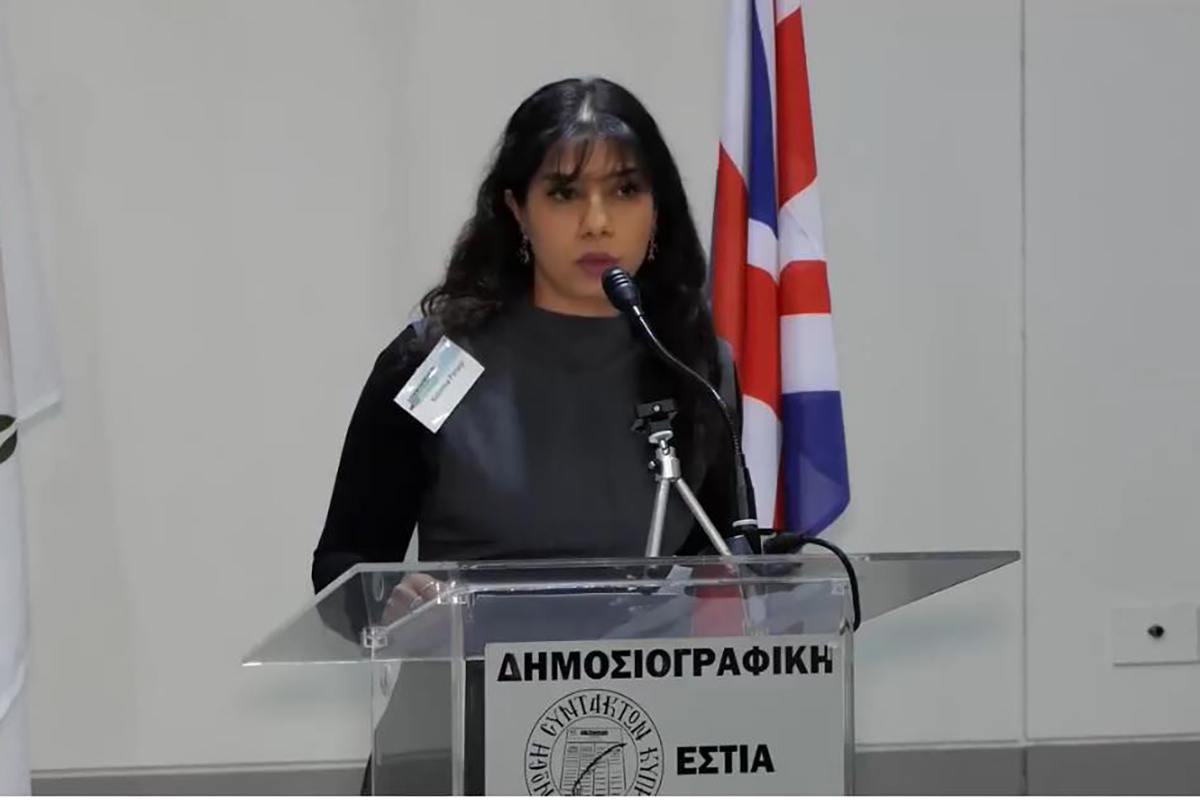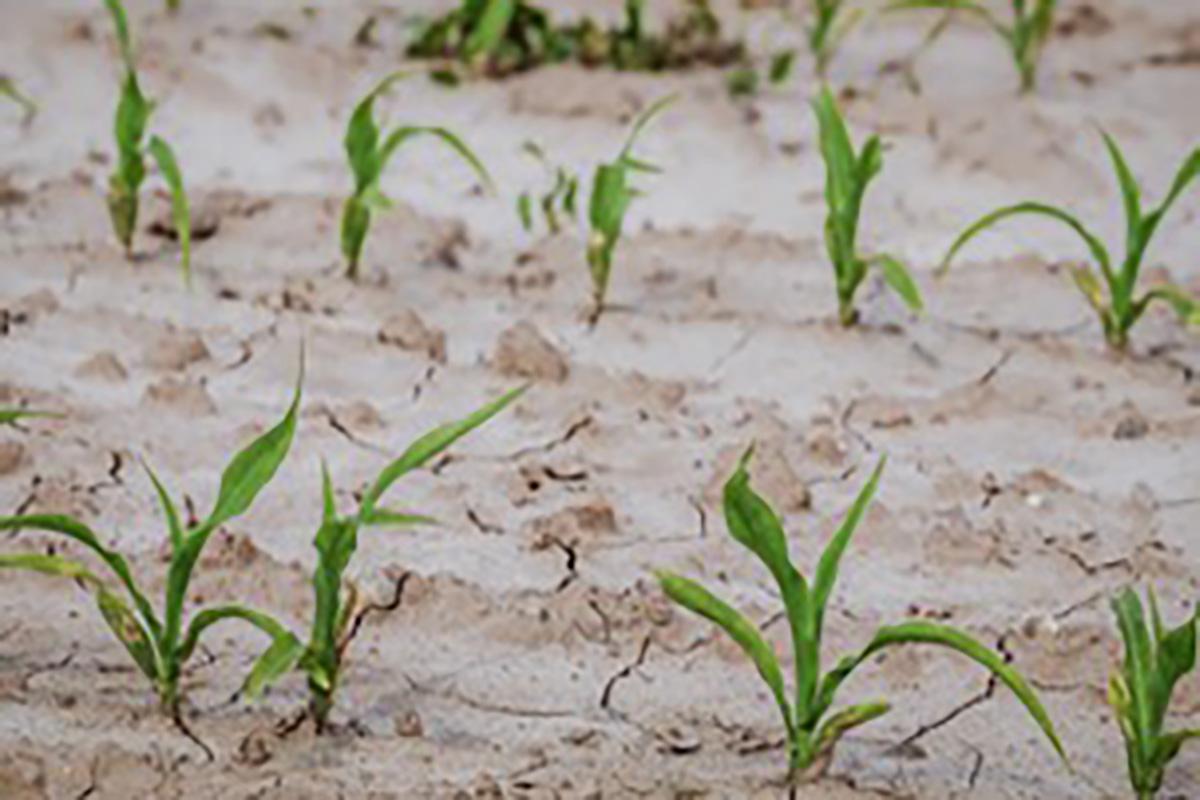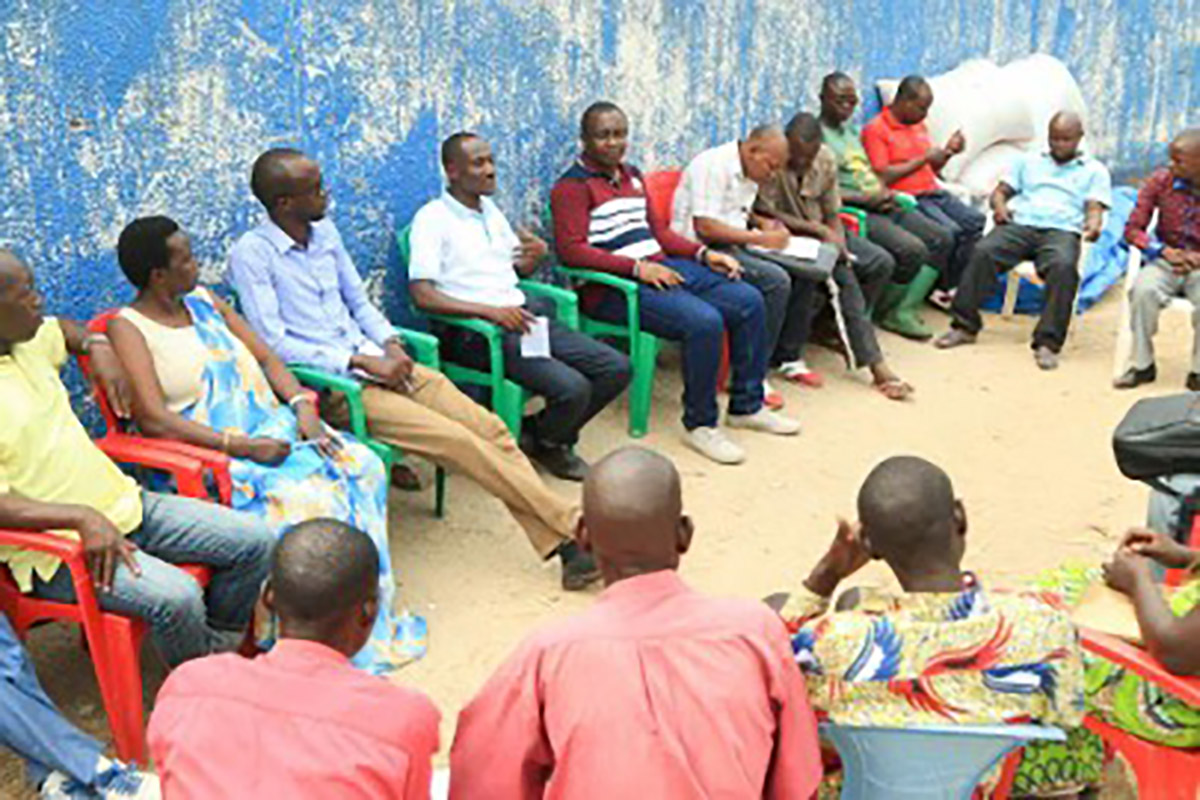"Social media for social change in West Africa"
January 2nd, 2015 The power of social media is transforming community in Africa, writes Steph Carter, 24, a Commonwealth Correspondent from Brisbane, Australia, who interviewed a woman at the heart of the social media revolution.
The power of social media is transforming community in Africa, writes Steph Carter, 24, a Commonwealth Correspondent from Brisbane, Australia, who interviewed a woman at the heart of the social media revolution.
In the West African region, social media remains a vehicle for social change and citizen empowerment. The region’s upward trend in the use of social media is striking, due in large part to the high penetration of mobile phones and the ongoing drive to design and test new home-grown platforms and tools to engage Africans online.
At the heart of this social media revolution in Africa is Sarah Clavel, working for the African Innovation Foundation (AIF) in Abidjan, Côte d’Ivoire. Speaking candidly about the power of social media and its ability to facilitate influential networks, Sarah has seen first-hand how social media and productive online communities can translate into real time results, particularly during the July 2014 floods in Côte d’Ivoire and the outbreak of Ebola in West Africa. She explains how the #CIVSocial twitter hashtag used during the floods created an online effort to identify and allocate essential resources to flood affected areas, creating a solidarity movement of people opening their networks both online and offline.
‘All of this was done due to social media – groups emerged and we were able to locate which areas needed things the most. There was a horizontal flow of information. Using the #CIVSocial hashtag we could also aggregate all the pictures from the floods and make an active flood map and areas to avoid, using open street map. We were able to coordinate efforts’.
Following the outbreak of Ebola in West Africa, social media was again used to raise awareness. A particularly viral campaign was the Ivorian Ice Bucket challenge, or #MousserContreEbola, where once accepted, nominees poured soapy water over their head and distributed hand sanitisers; a clever spin on the prolific ALS Ice Bucket challenge. At the core of this social media messaging was the promotion of hygiene in combatting the Ebola virus.
A former social media consultant at the World Bank in Washington D.C, Sarah is now back in Côte d’Ivoire contributing to the local and regional web community. As the Community Manager at AIF, she is a part of their work to mobilise innovators across the African continent – releasing untapped potential in Africa across emerging and existing industries. Two of the Foundation’s flagship programs are the Innovation Prize for Africa (IPA) and the African Law Library (ALL); both of which Sarah is passionate about. While the IPA provides essential funding for innovation start up projects in Africa, the African Law Library localises an understanding of the power of the law for the benefit of African citizens.
 In her role, Sarah is responsible for coordinating social media platforms in support of AIF’s programs, establishing cooperation among all segments of African society and across priority sectors: education, health and agriculture to name a few. Sarah explains that social media communication is essential in helping entrepreneurs tap into their own ‘ecosystem’, raising awareness about opportunities to overcome barriers to innovation.
In her role, Sarah is responsible for coordinating social media platforms in support of AIF’s programs, establishing cooperation among all segments of African society and across priority sectors: education, health and agriculture to name a few. Sarah explains that social media communication is essential in helping entrepreneurs tap into their own ‘ecosystem’, raising awareness about opportunities to overcome barriers to innovation.
‘About 100 million people in Africa connect to Facebook- it’s a massively effective tool, resulting in cost effective outreach. Twitter is then better for seeking out influencers and tapping into their networks. These are mobilisation platforms – they represent the reality of what happens online’.
As she continues her work with the AIF, Sarah is a firm believer that young innovators across the continent should know ‘who is who’ in their social media zoo.
‘Social media gives you democratisation of information: if you have access to certain tools you have access to information, where before you didn’t. It also helps us understand how people act, and can profile urgencies’.
As platforms like Facebook and Twitter continue to mould and shape the offline and online priorities of citizens across Africa, organisations like AIF continue to diversify and expand their audience reach by channelling communications through key social media platforms. With millennials like Sarah leading the charge in the social media sphere, the online response to issues of political and social significance is no longer an isolated phenomenon; engagement with citizens both offline and online is key to overcoming barriers to communication and participation.
Top photo credit: martymadrid via photopin cc
…………………………………………………………………………………………………………………
About me:
I am 24, and currently work for GRM International on international aid programs. I am also studying a Masters of Business and Integrated Marketing Communications through Queensland University of Technology
…………………………………………………………………………………………………………………
Opinions expressed in this article are those of the author and do not necessarily represent the views of the Commonwealth Youth Programme. Articles are published in a spirit of dialogue, respect and understanding. If you disagree, why not submit a response?
To learn more about becoming a Commonwealth Correspondent please visit: http://www.yourcommonwealth.org/submit-articles/commonwealthcorrespondents/
…………………………………………………………………………………………………………………




